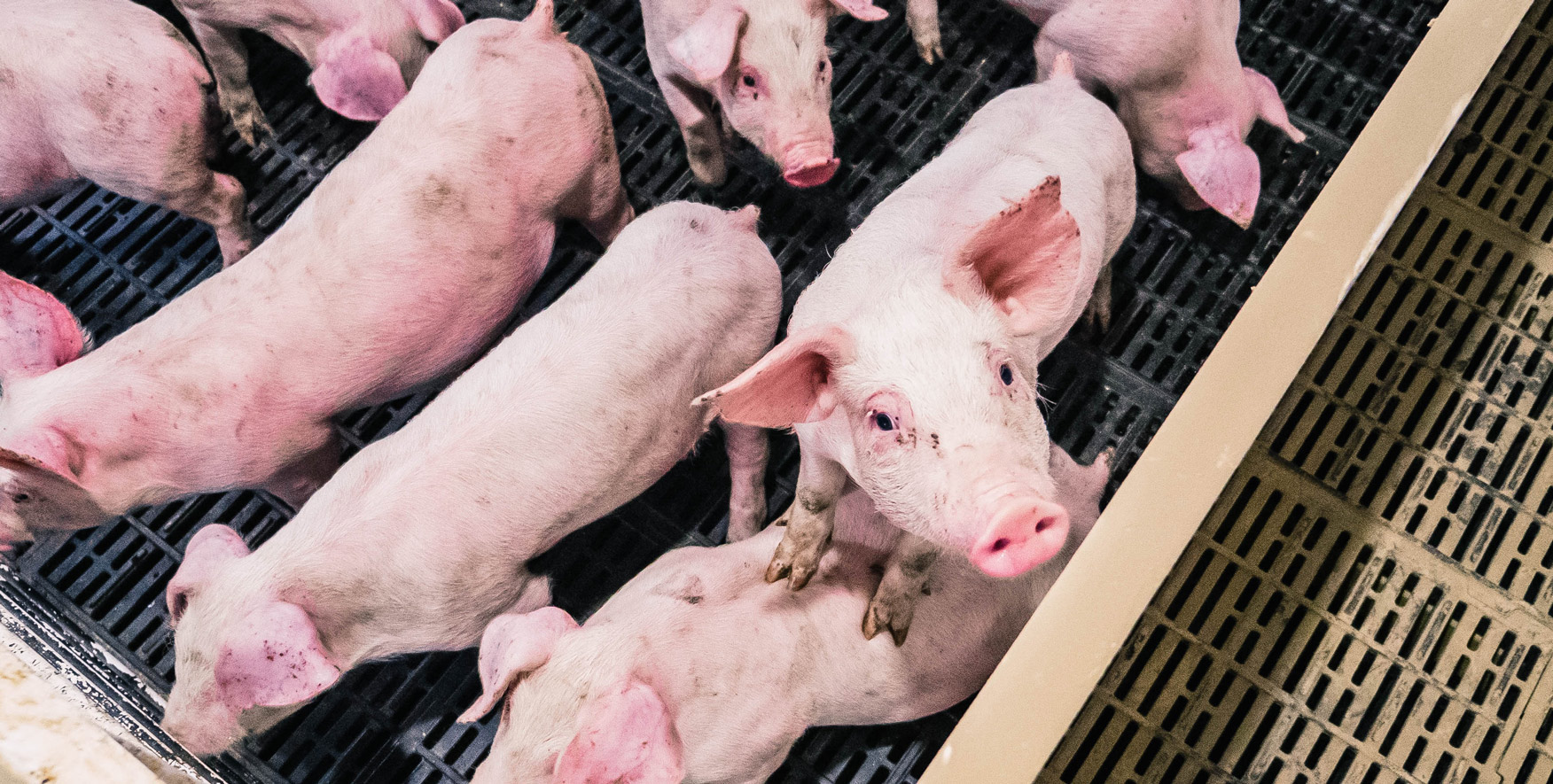Today, the average American is several generations removed from the farm. Many have never set foot on a farm and their understanding of food production comes from movies, television shows, nursery rhymes and social media. When you consider that, it’s really no wonder consumers don’t understand many facets of the modern farming industry and why we do things the way we do.
A lack of understanding for modern farming practices also leads consumers to interesting conclusions on what sustainably raised meat is. In our latest research at Midan Marketing, we found that nearly 70% of meat consumers say they are at least “somewhat familiar” with sustainably raised meat/poultry. But when asked which issues are addressed when raising meat animals sustainably, the top responses were “animals raised without antibiotics/hormones” (46%) and “animal welfare/humanely raised meat” (44%). After that came the topics our industry typically thinks of as relating to sustainability – carbon footprint and waste reduction, each with 32% of meat consumers believing those are addressed.1
What this research shows is that while yes, we should continuously work toward lowering our environmental impact, we also need to talk about what we’re already doing – what we’ve been doing for generations – to sustain our family farms and feed the world. We don’t need to apologize for providing nutritious food, we just have to own that in the real world, Wilbur dies at the end. All livestock is raised for one purpose, and if they have a good quality life before becoming food, it’s an honorable thing.
This is a story we have to tell more often. We have to show up to every argument and not apologize for the realities of our industry. It’s time to get involved with education from kindergarten all the way through colleges and universities. Our land grant schools need to stop saving these conversations for the agriculture students and involve everyone in the realities of food production.
If we want to provide wholesome, complete nutrition for our planet’s growing population, meat must be part of the equation. This is an important conversation that should be had at the dinner table with your families. We should all take it to social media – prepared for the backlash that is inevitable with animal agriculture. Volunteer to read to your third grader’s class and take a book that you feel accurately portrays modern food production. Become part of the story because if we don’t tell it, the next generation will be even further removed from the industry we all hold dear.
1 Midan Marketing, Sustainably Raised Meat Survey, July 2021.
This content originally published in the National Institute for Animal Agriculture’s members-only newsletter Paradigm.



